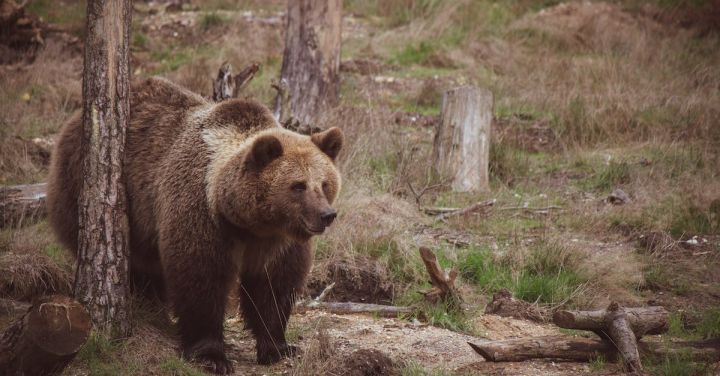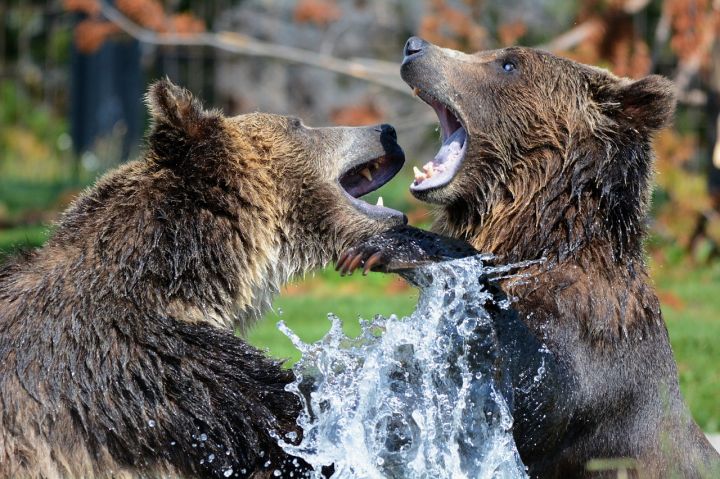Are There Rules for Watching Bears in the Wild?
Bears are majestic creatures that have captured the fascination of humans for centuries. Their size, strength, and unpredictable nature make them both awe-inspiring and potentially dangerous. For those who are fortunate enough to encounter bears in the wild, it is crucial to understand the importance of responsible behavior. In this article, we will explore the rules and guidelines for watching bears in their natural habitat.
Understanding Bear Behavior
Before delving into the rules, it is essential to have a basic understanding of bear behavior. Bears are highly intelligent animals with acute senses. They are typically shy and avoid human contact, but they may become aggressive if they feel threatened or provoked. It is vital to give bears their space and not to approach them. Observing bears from a safe distance ensures both your safety and the well-being of the animals.
Respecting the Habitat
When venturing into bear territory, it is crucial to respect their habitat. Bears rely on their environment for food, shelter, and survival. Avoid disturbing their natural surroundings by refraining from littering or leaving any traces of your presence. Additionally, it is essential to stay on marked trails to minimize the impact on their habitat. By respecting their home, we can help preserve their natural environment for future generations.
Keep a Safe Distance
Maintaining a safe distance from bears is of utmost importance. Approaching a bear or attempting to get closer for a better view is not only reckless but also potentially dangerous. Use binoculars or a zoom lens to observe bears from a distance. The general rule of thumb is to stay at least 100 yards away from bears. By giving them ample space, we can avoid any potential conflicts and allow the bears to go about their daily activities undisturbed.
Do Not Feed Bears
Feeding bears may seem like a tempting idea, but it is incredibly dangerous and harmful to both humans and bears. Bears that become accustomed to human food can lose their natural ability to forage for themselves, ultimately becoming dependent on human handouts. This behavior can lead to increased human-bear conflicts and may result in the bear being euthanized. It is vital to store food properly and dispose of waste in designated areas to prevent bears from being attracted to human food sources.
Stay Alert and Make Noise
When exploring bear country, it is essential to stay alert and make noise to avoid surprising a bear. Bears typically try to avoid encounters with humans, but unexpected encounters can lead to defensive behavior. Making noise by talking, singing, or clapping your hands can alert bears to your presence and give them the opportunity to move away. Additionally, be aware of your surroundings and look for signs of bear activity such as tracks, scat, or torn-up vegetation. Being vigilant can help prevent potentially dangerous situations.
Conclusion
Watching bears in the wild is a privilege that comes with great responsibility. By following the rules and guidelines outlined above, we can ensure both our safety and the well-being of these magnificent creatures. Respecting their habitat, maintaining a safe distance, refraining from feeding them, and staying alert are all crucial steps in responsible bear watching. Let us embrace the opportunity to observe bears in their natural environment while doing our part to protect and preserve their habitats.






